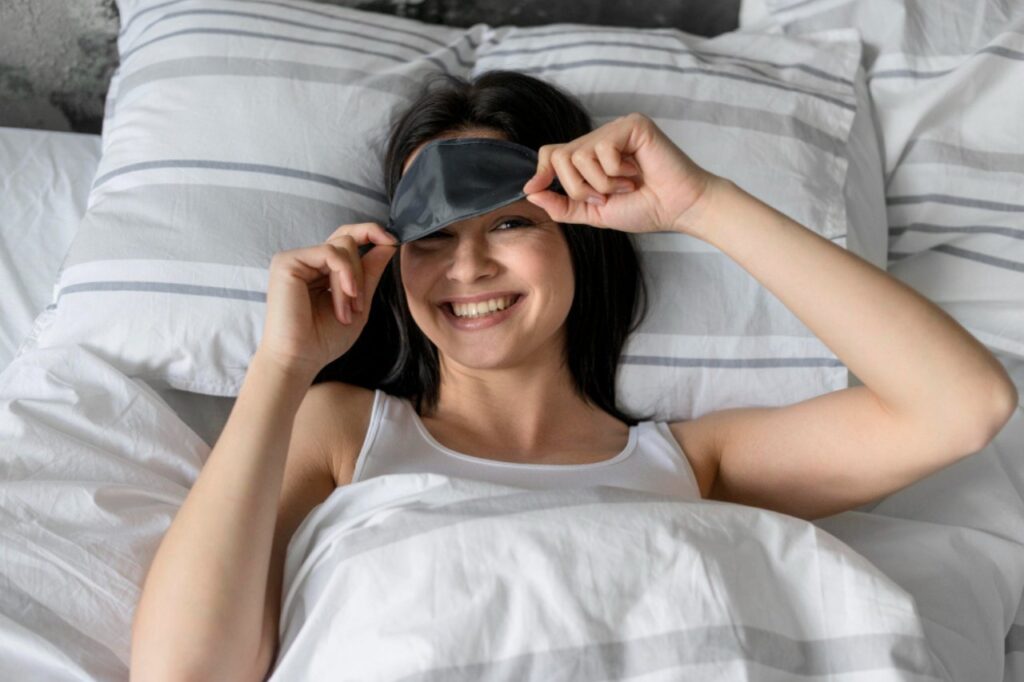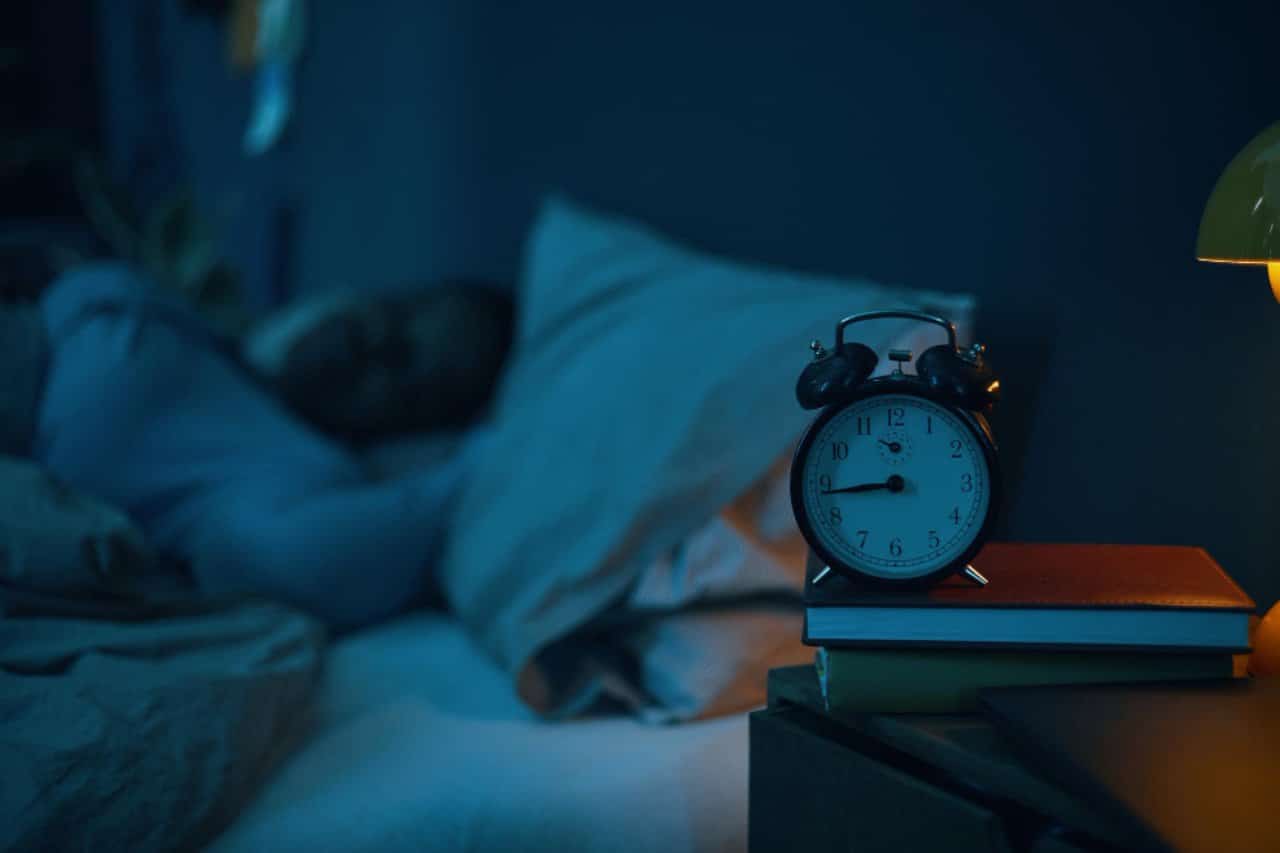Sleep and Sleep Hygiene: The Foundation of Good Health
Getting enough quality sleep is vital to maintaining good health. But more and more people treat sleep as a luxury rather than a necessity. The truth is, it is just as important as eating well and exercising. Poor sleep can affect your physical health, emotional wellbeing and your ability to function during the day.
Adults typically need 7–9 hours of sleep per night, while children and teenagers need even more. During sleep, your body repairs cells, balances hormones, strengthens the immune system and consolidates memories. Lack of sleep can impact a wide range of health issues including cardiovascular disease, diabetes, mental health and reduced cognitive performance.
What is Sleep Hygiene?
Sleep hygiene refers to developing good sleeping habits that promote high-quality sleep. Just like most habits take time and effort to develop and maintain, sleep hygiene also takes time to optimise and apply consistently. Improving your sleep hygiene can be effective in boosting your overall sleep quality and health. This involves both optimising environmental factors and personal behaviours.
The following are some simple and straightforward tips for better sleep hygiene. Bear with us – even though they seem straight forward, it can be really difficult when the alarm rings and the temptation to hit snooze and sleep in on the weekends hits.
Stick to a Sleep Schedule
Go to bed and wake up at the same time every day, even on weekends. This helps regulate your body’s internal clock, makes falling asleep easier and keeps things consistent.
Create a Relaxing Bedtime Routine
Wind down before bed with calming activities such as reading, meditation, or a warm bath. Avoid screens, loud noises, and stressful tasks for at least an hour before sleep.
Make Your Sleep Environment Comfortable
Keep your bedroom cool, quiet, and dark. Invest in a good-quality mattress and pillows, and eliminate sources of noise or light that may disturb your sleep.
Limit Caffeine and Alcohol
Avoid caffeine in the afternoon onwards, as it can stay in your system for hours. While alcohol can sometimes help you fall asleep, it can contribute to poor sleep quality and sleep apnoea.
Be Mindful of Food and Drink
Don’t go to bed hungry or overly full. Heavy meals before bedtime can cause discomfort and disrupt your sleep. There’s some evidence behind a small glass of warm milk before bedtime, but one to watch out for if you’re lactose intolerant. (And no, that’s not an excuse for the cookies!)
Get Regular Physical Activity
Exercise during the day helps promote better sleep, but avoid vigorous activity close to bedtime.
Limit Naps
While short naps can be beneficial, long or late-afternoon naps can interfere with night-time sleep. If you need to take a nap, consider a short 20-minute power nap in the afternoon.
It’s Time to Consult a General Practitioner
If you regularly struggle with falling asleep, staying asleep, or feeling refreshed after a full night’s rest, it may be time to consult a GP. At Medsana, we often use sleep hygiene as a springboard, since poor sleep hygiene is so prevalent in today’s society. But persistent sleep issues can also be a sign of underlying conditions like stress, sleep apnoea or other chronic disease. We can assess your symptoms, promote good sleep health, consider medical causes and guide you towards the next steps.
Prioritising sleep and improving sleep quality should not be the last thing to consider for good health, it’s a key part of a healthy lifestyle. Practicing good sleep hygiene can improve your mood, boost productivity, and protect your long-term health. We regularly consider this as part of a comprehensive health assessment. If you haven’t had a regular check up in a while, book an appointment with one of our GPs at Medsana, it could make all the difference in reclaiming your rest – and your health.
Need Some Guidance?
-
- Book a consult with a GP to discuss your sleep health
- Talk with a nutritionist about food strategies and alternatives
- Speak with an exercise physiologist on exercise ideas to suit your current lifestyle.
Take the next step toward feeling your best – book your appointment today.



